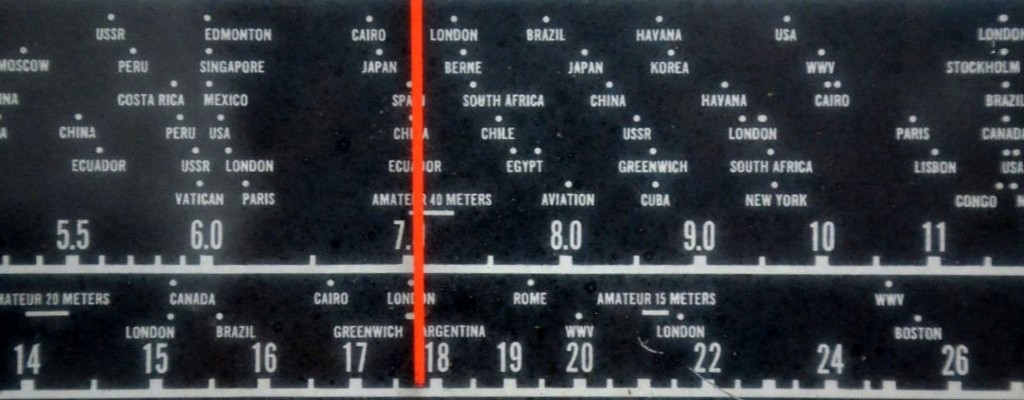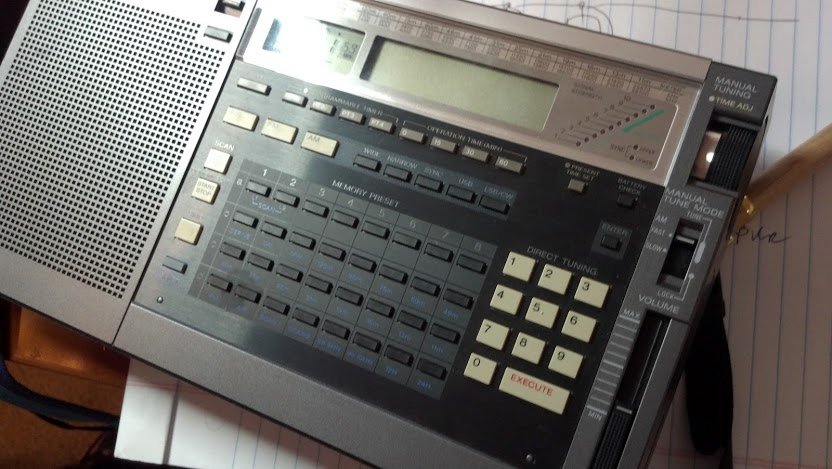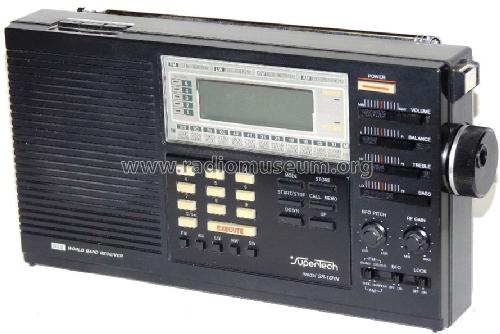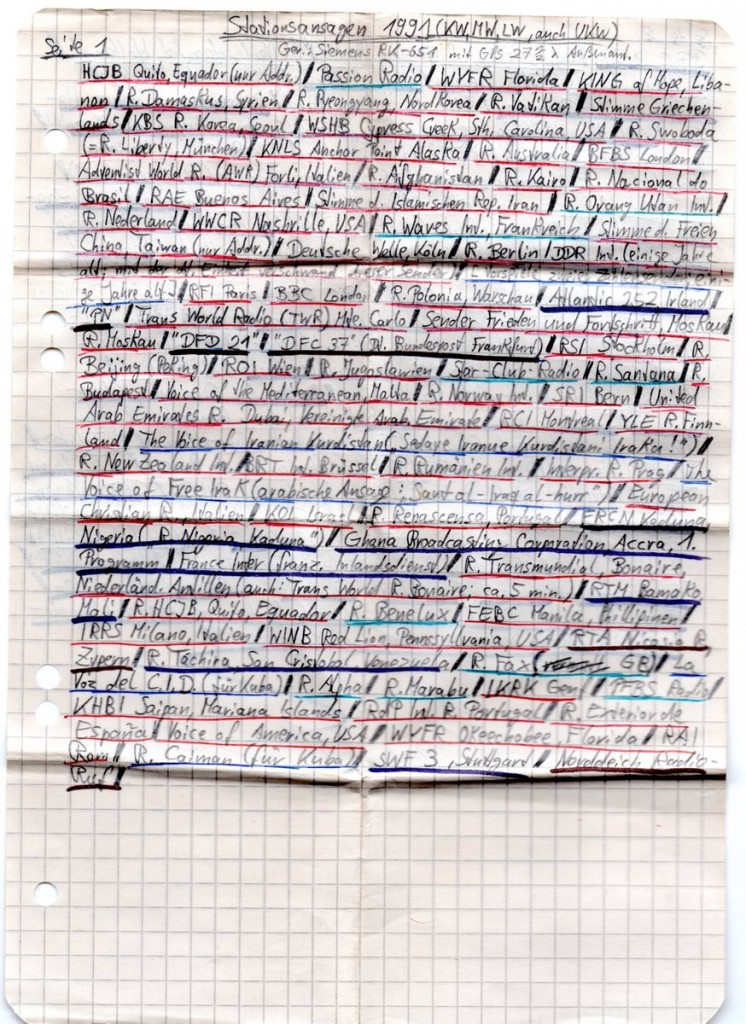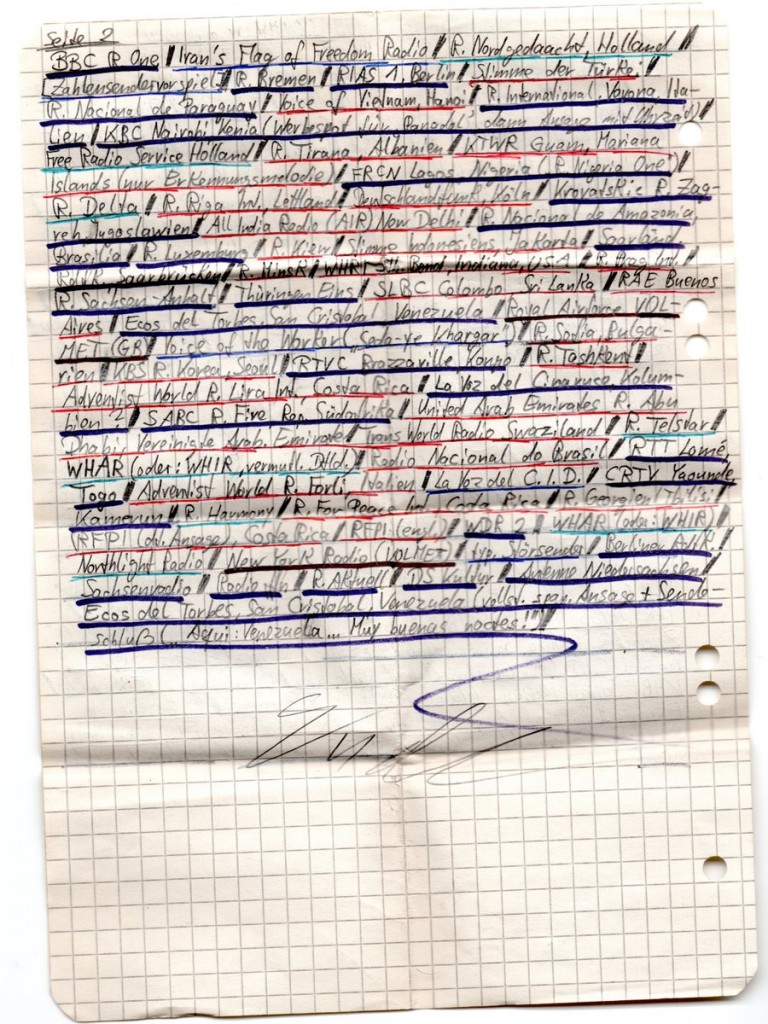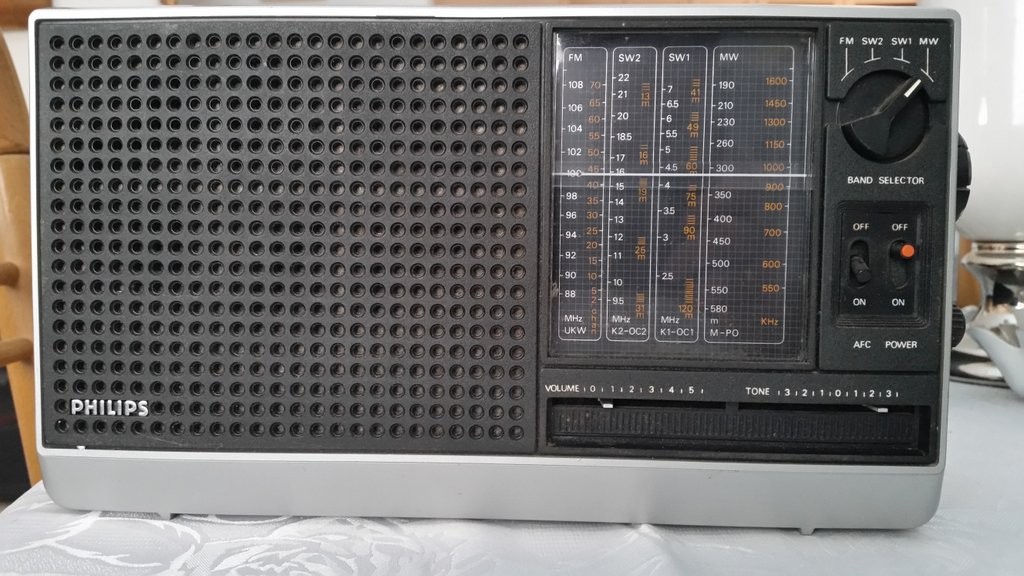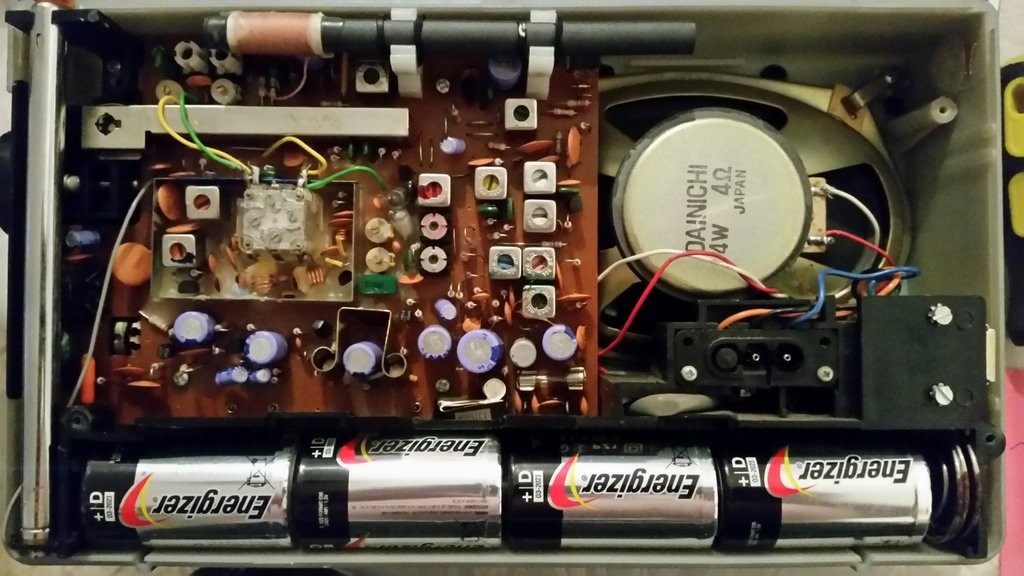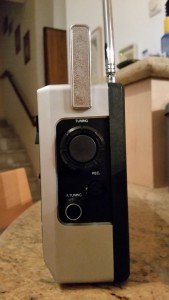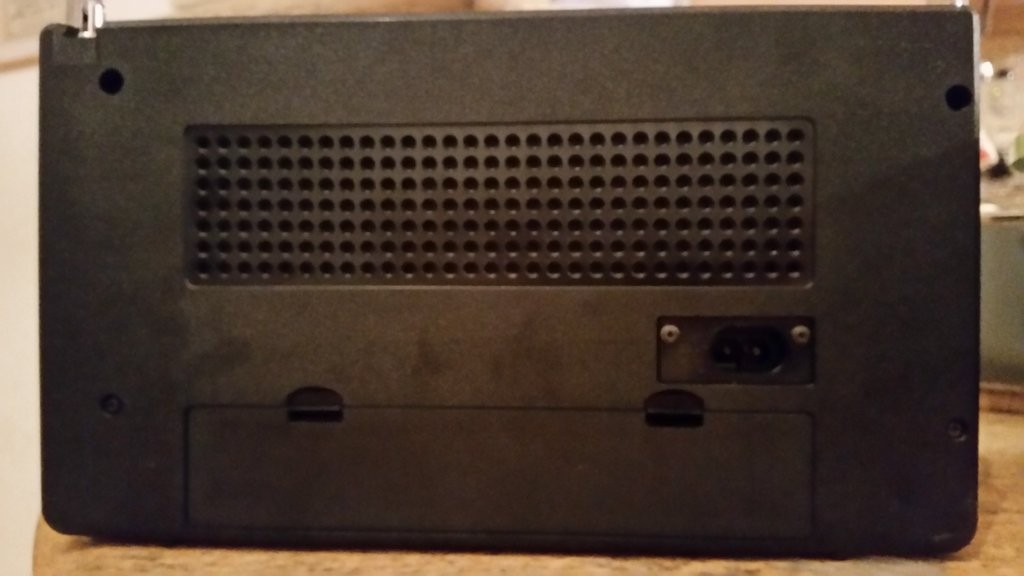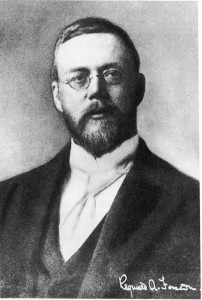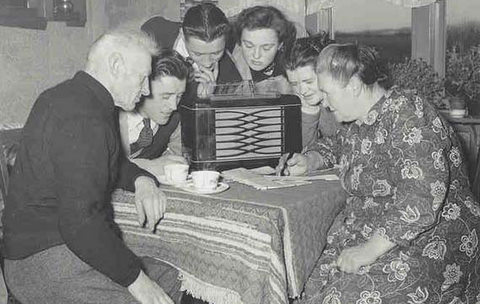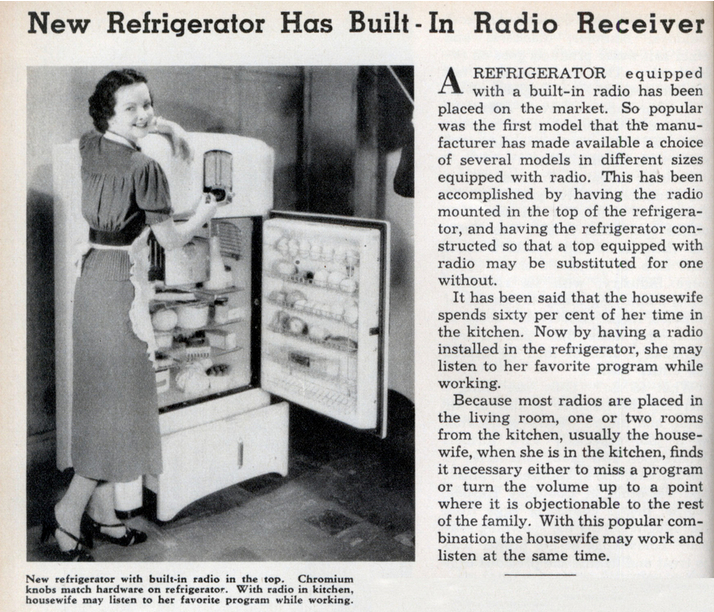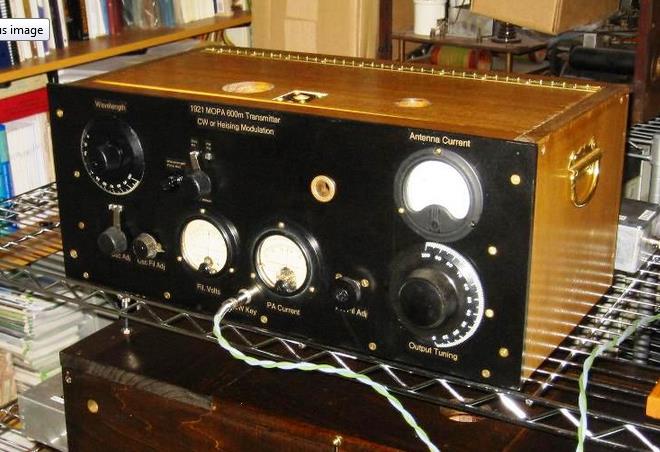
This was reported in the ARRL Newsletter:
Brian Justin, WA1ZMS, will again put his 600 meter Experimental Station WG2XFQ on the air on for a Christmas Eve commemorative transmission. WG2XFQ will transmit on 486 kHz from Forest, Virginia, to mark the 109th anniversary of Reginald Fessenden’s first audio transmission. Historic accounts say Fessenden played the violin — or a recording — and read a brief Bible verse. It’s been reported that other radio experimenters and shipboard operators who heard Fessenden’s broadcast were astounded.
Justin will conduct a run-up to this year’s event starting at around mid-day Eastern Time on December 23. The “official” Christmas event will begin on December 24 at 0001 UTC (the evening of December 23 in US time zones) and will continue for at least 24 hours. Justin said he plans to repeat the commemorative transmissions on New Year’s Eve and on New Year’s Day.
Fessenden’s transmitter was an ac alternator, modulated by placing carbon microphones in series with the antenna feed line. Justin’s homebuilt station is slightly more modern, based on a 1921 vacuum tube master oscillator power amplifier (MOPA) design. Listener reports are appreciated and may be sent directly to Brian Justin, WA1ZMS, at his QRZ.com address. (Brian Justin, WA1ZMS, built this replica circa-1920 transmitter, capable of CW and Heising modulated AM. Photo by Brian Justin)
While I have not heard Brian’s transmission before, I have actually heard a transmission on the experimental frequencies between 465 – 515 kHz. I never expected to be able to hear anything due to extremely high local noise, but one night the propagation gods smiled upon me and the evening was exceptionally quiet. I listened on my Elad SDR receiver over and over to the Morse Code signal which was extremely weak, but mostly readable. I confirmed with Multipsk software, verifying I was indeed hearing one of the experimental stations out of Connecticut.
For information regarding the 500 KC experimental project you can follow this link.
Why not give a listen? You just might be surprised like I was to hear something on this band, and you could add a little Christmas Eve radio memory to your collection!! 73, Robert
Robert Gulley, AK3Q, is the author of this post and a regular contributor to the SWLing Post. Robert also blogs at All Things Radio.

